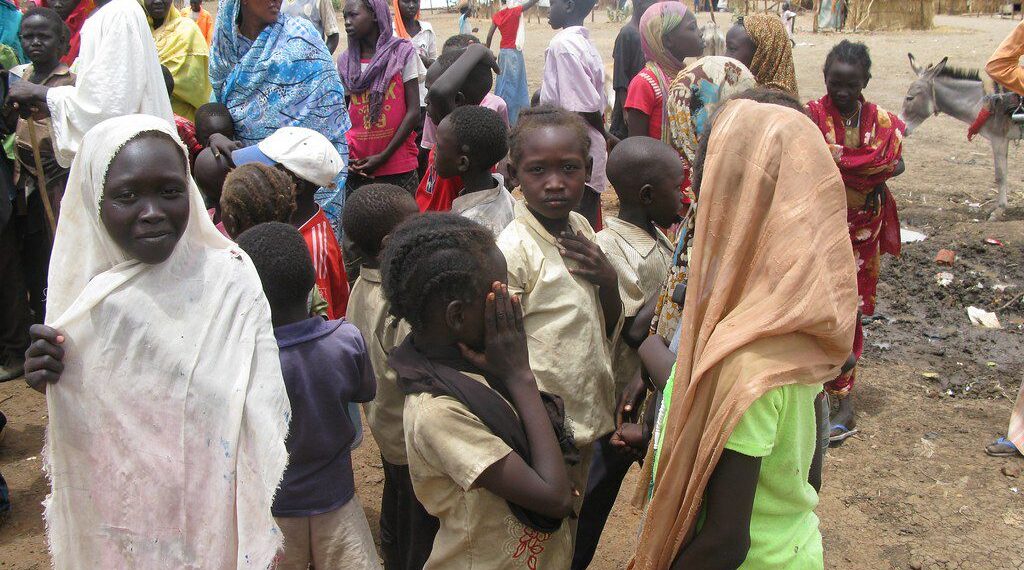The revised joint humanitarian response plan reflects the extensive and urgent needs within the country, as highlighted by OCHA. Ramesh Rajasingham, Head and Representative of OCHA in Geneva, stated that over 25 million people, more than half of Sudan’s population, require humanitarian aid and protection. This represents the highest number of people in need ever recorded in the country. The funding requirement of nearly $2.6 billion is also the highest for any humanitarian appeal for Sudan.
The ongoing conflict between the Sudanese Armed Forces (SAF) and the Rapid Support Forces (RSF), which began on April 15, has caused immense human suffering and death, further aggravating the pre-existing humanitarian crisis in Sudan. Mr. Rajasingham warned that the situation could escalate into a regional emergency, emphasizing the urgent need for protection from fighting, medical support, food and water, sanitation, shelter, and trauma care.
Since the conflict started, close to a million people have been displaced, with internal displacement reaching 730,000 and 220,000 individuals fleeing to neighboring countries. Reports of increased sexual violence have also emerged, with limited access to assistance for the victims. Children are particularly vulnerable in this chaotic environment. UNHCR’s Assistant High Commissioner for Operations, Raouf Mazou, highlighted the massive outflows into neighboring countries, including Chad, where approximately 60,000 people have sought safety.
To date, 220,000 refugees and returnees have fled to Chad, Sudan, Egypt, Central African Republic, and Ethiopia. Among them, 150,000 are Sudanese refugees and asylum seekers. The largest group in need, aside from Sudanese, is displaced South Sudanese individuals. The UNHCR’s appeal of $472 million aims to provide assistance to over one million people for a six-month period.
The humanitarian needs have drastically expanded since the onset of the conflict, with an increasing number of people facing severe food insecurity. The lack of access to basic services, healthcare, and clean water heightens the risk of famine. The current appeal is almost double the initial requirement from a few months ago, underlining the urgent need for international support to address the dire situation in Sudan.


